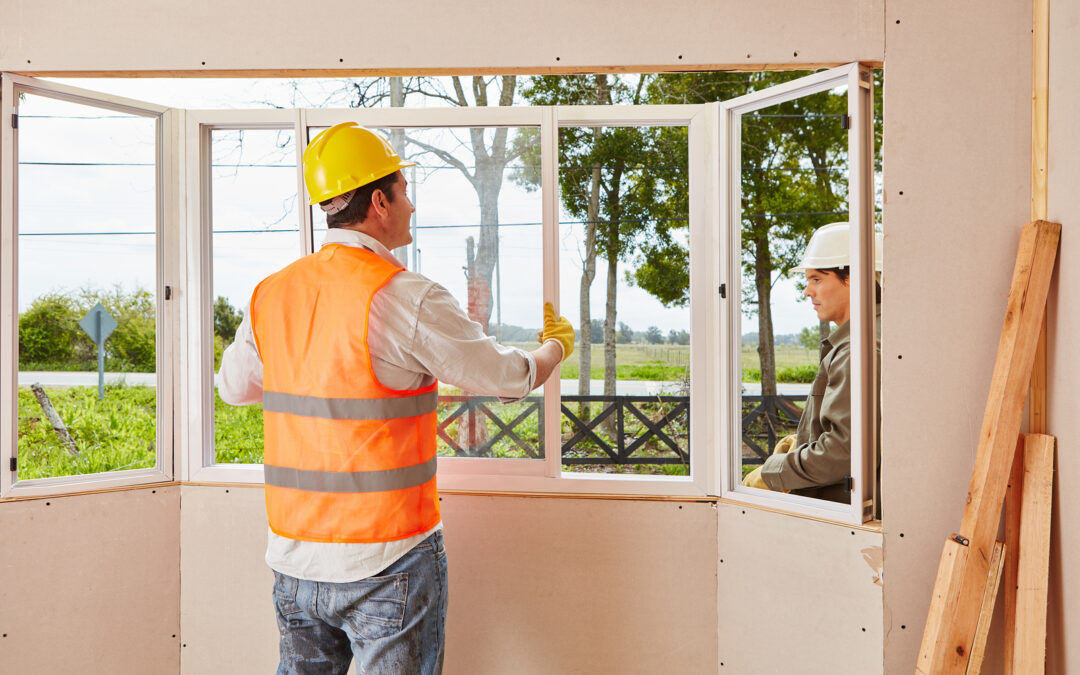When it comes to investing in new windows for your home, it’s essential to consider not only the quality of the windows themselves but also the warranty provided by the window installation company. A comprehensive warranty gives you peace of mind, knowing that your investment is protected and any potential issues will be addressed. In this blog post, we will discuss the importance of a window installation warranty, what to look for when evaluating warranties, and why it matters in the long run.
1. Coverage for Manufacturing Defects
A reputable window installation warranty should provide coverage against manufacturing defects. This includes any faults or flaws in the materials or workmanship of the windows themselves. Look for warranties that offer comprehensive coverage for a significant period of time, typically ranging from 10 to 20 years or more. This ensures that if any defects arise during the warranty period, the manufacturer or installer will repair or replace the windows at no additional cost to you.
2. Installation Workmanship Guarantee
In addition to coverage for manufacturing defects, a reliable window installation warranty should also include a workmanship guarantee. This protects you against any installation-related issues that may arise, such as improper sealing, leaks, or structural problems. A workmanship guarantee typically covers a shorter period compared to the manufacturing defect warranty, usually ranging from 1 to 5 years. It ensures that if any problems occur due to the installation process, the installer will rectify them promptly and efficiently.
3. Transferability of the Warranty
Consider whether the window installation warranty is transferable to future homeowners if you decide to sell your property. A transferable warranty can be a valuable selling point, assuring potential buyers that the windows are covered and giving them confidence in the quality and durability of the installation. It adds to the overall value of your home and provides a competitive edge in the real estate market.
4. Clear Exclusions and Limitations
Thoroughly review the warranty’s terms and conditions to understand any exclusions or limitations. Some warranties may have specific conditions that need to be met for the warranty to remain valid, such as regular maintenance or proper usage of the windows. Additionally, be aware of any limitations on the warranty coverage, such as coverage for only specific parts or components of the windows. Understanding these exclusions and limitations will help you manage your expectations and ensure that you comply with the warranty requirements.
5. Reputable Manufacturer or Installer
The reliability and reputation of the window manufacturer or installer play a crucial role in the value and effectiveness of the warranty. Choose a company with a proven track record of quality products and excellent customer service. Research customer reviews, check for industry certifications, and inquire about the manufacturer’s or installer’s experience and expertise. A reputable company is more likely to honor the warranty and provide efficient support in case of any issues.
A comprehensive window installation warranty is an essential factor to consider when investing in new windows for your home. It provides assurance that the manufacturer and installer stand behind their products and services. Look for warranties that cover manufacturing defects and offer a workmanship guarantee. Transferable warranties add value to your home when selling, and clear exclusions and limitations help manage expectations. Lastly, choose a reputable manufacturer or installer with a solid reputation. By paying attention to the details of the warranty, you can ensure that your investment in new windows is protected and enjoy the benefits of quality products and professional installation.
**References:**
– Andersen Windows. (n.d.). Warranty Information.

